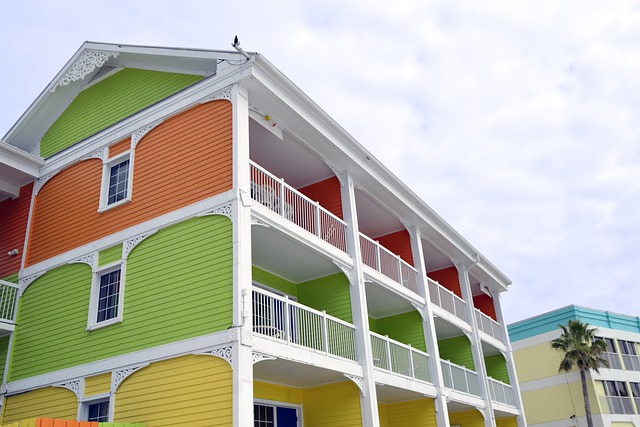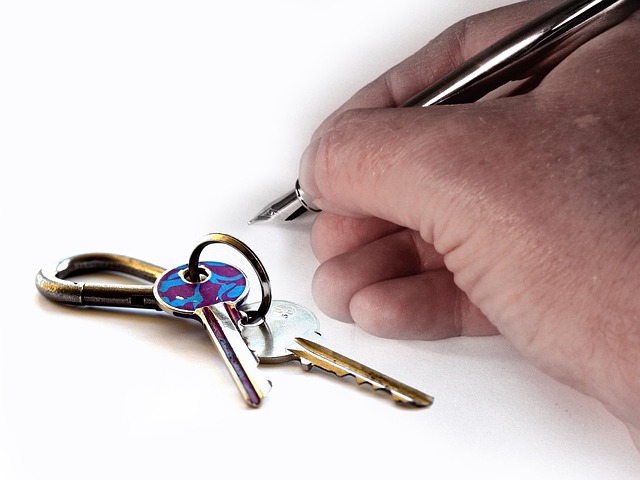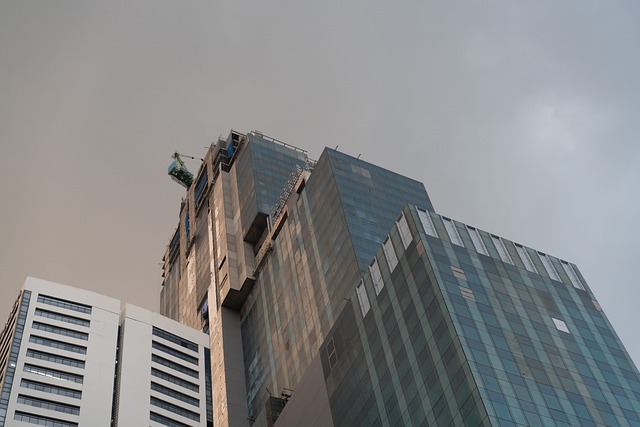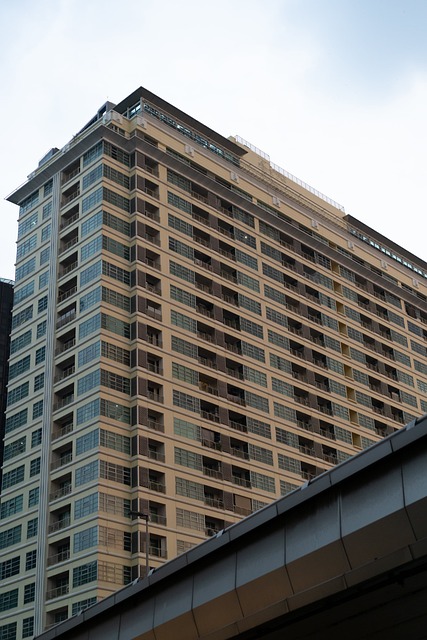Landlords and tenants alike must understand their rights and obligations regarding rental property mold. Landlords are legally bound to maintain safe living conditions, promptly addressing mold growth to avoid legal consequences and tenant dissatisfaction. Tenants have the right to live in a healthy environment free from hazardous mold exposure and must notify landlords immediately. Effective communication, regular inspections, and proactive measures ensure swift resolution of mold issues, fulfilling both tenant expectations and local regulations governing mold in rental homes.
In the realm of rental property management, addressing mold issues is not just a matter of maintaining a safe living environment but also navigating complex legal landscapes. Landlords and tenants alike must be aware of their respective rights and responsibilities when it comes to rental property mold. Understanding these legal requirements is crucial to prevent costly disputes and ensure everyone’s safety. This article delves into the intricate details, from tenant rights and landlord obligations to the potential consequences of ignoring mold complaints, offering practical strategies for effective management.
- Understanding Rental Property Mold Laws and Tenant Rights
- Landlord Responsibilities When Dealing with Mold in Rental Homes
- The Legal Ramifications of Ignoring Tenant Mold Complaints
- Effective Strategies for Navigating Mold Issues in Rental Properties
Understanding Rental Property Mold Laws and Tenant Rights

Understanding Rental Property Mold Laws and Tenant Rights is crucial for both landlords and tenants alike. In many jurisdictions, there are strict regulations regarding mold in rental homes. Landlords have a responsibility to maintain safe living conditions for their tenants, which includes addressing any instance of mold growth promptly and effectively. Failure to do so can result in legal consequences and tenant mold complaints.
Tenants, on the other hand, possess certain rights when it comes to mold issues. They have the right to live in a healthy environment free from hazardous mold exposure. If a tenant discovers mold in their rental property, they should notify the landlord immediately. This open communication is essential for resolving legal mold issues promptly, ensuring both tenant satisfaction and compliance with local laws governing rental property mold.
Landlord Responsibilities When Dealing with Mold in Rental Homes

When dealing with mold issues in rental properties, landlords have specific legal responsibilities to ensure the safety and health of their tenants. The first step is to acknowledge that visible mold or musty odors are not merely aesthetic concerns; they indicate a potential hazard that requires immediate attention. Landlords must promptly investigate any tenant complaints about mold and take appropriate action to mitigate the issue. This includes identifying and addressing the source of moisture, such as leaks, condensation, or poor ventilation, which can lead to mold growth.
In addition, landlords are obligated to maintain the rental property in a safe and habitable condition. Regular inspections should be conducted to detect potential mold problems early on. Upon discovery, landlords must promptly notify tenants about the situation, provide information on the safety measures being taken, and offer solutions to resolve the issue. Effective communication and cooperation with tenants regarding mold issues are crucial to complying with legal requirements and fostering a positive rental relationship.
The Legal Ramifications of Ignoring Tenant Mold Complaints
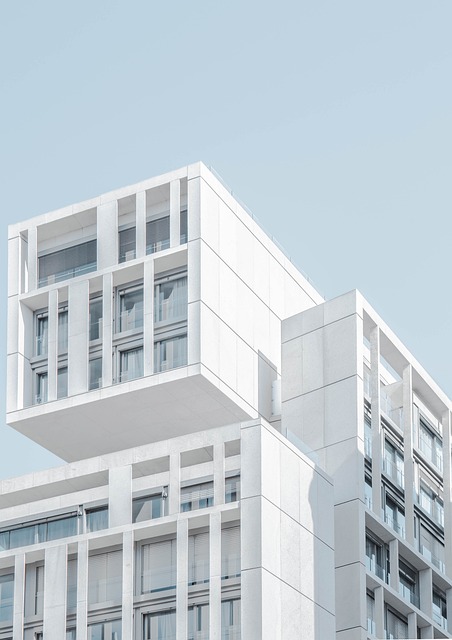
Ignoring tenant mold complaints can have significant legal ramifications for landlords. When a tenant raises concerns about mold in a rental property, it’s crucial for landlords to take immediate action. Failure to address these issues promptly can lead to a breach of the landlord-tenant agreement and potential liability. Tenants have rights when it comes to safe and habitable living conditions, and mold-related problems are no exception.
Legal mold issues can escalate if landlords fail to investigate and rectify the situation. This may result in legal action from the tenant, including filing complaints with local housing authorities or initiating legal proceedings to seek damages for breach of contract and negligence. Moreover, persistent mold problems can negatively impact a tenant’s health, leading to increased medical expenses and potential disability claims, which further complicates matters for landlords.
Effective Strategies for Navigating Mold Issues in Rental Properties

Navigating mold issues in rental properties requires a proactive and comprehensive approach for landlords. Firstly, regular inspections are key; scheduling periodic assessments allows for early detection of moisture problems that could lead to mold growth. Addressing these issues promptly is crucial; fixing leaks, improving ventilation, and ensuring proper drying after water events can prevent or mitigate mold development. Landlords should also educate themselves on local regulations regarding mold remediation and tenant rights.
Effective communication with tenants is another strategic element. When a tenant raises concerns about mold, landlords must take them seriously. Promptly investigating the claims, documenting the process, and providing transparent updates builds trust. Implementing a clear maintenance protocol, including detailed records of repairs and remediation, can protect both the landlord and tenant in case of legal disputes related to mold in rental homes.
